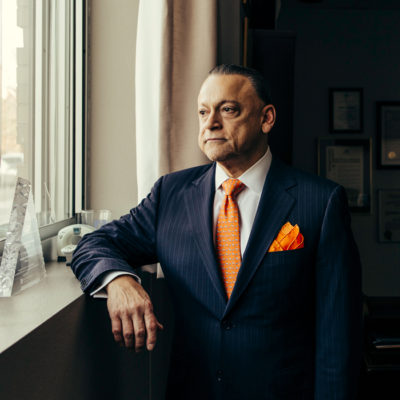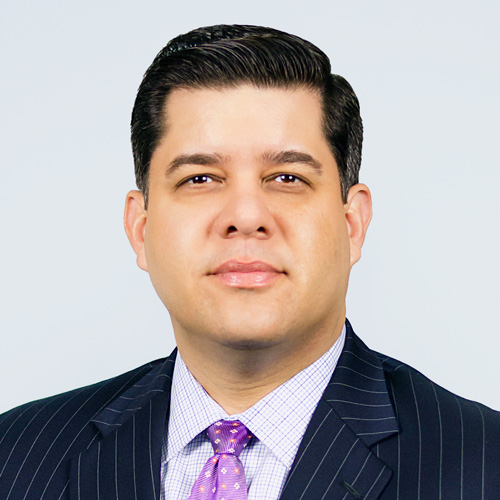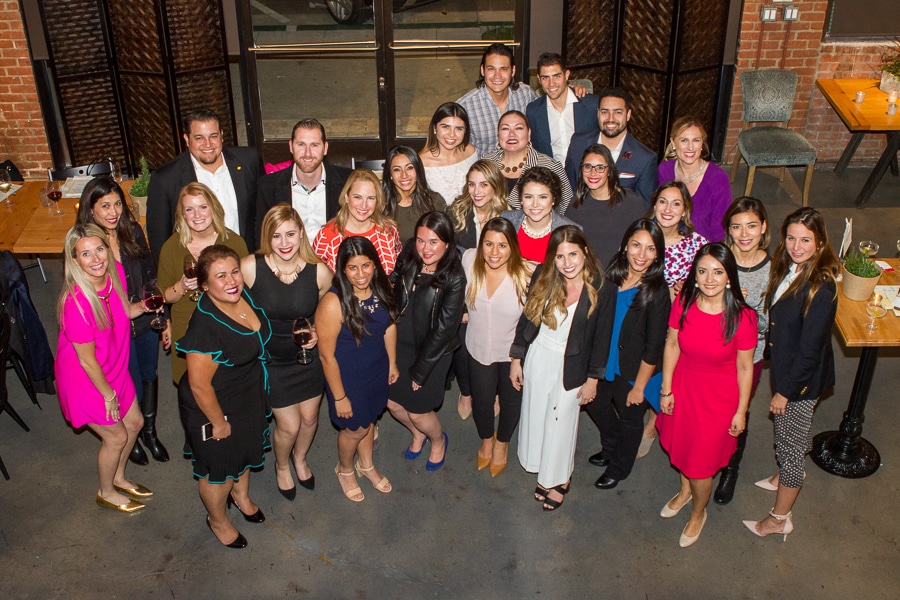
José R. Sánchez is the CEO of Norwegian American Hospital in Humboldt Park, a neighborhood in northwest Chicago. Over the past six years, he has worked hard to solidify the hospital as a trusted and valued partner in the community. With an uncertain future for the healthcare sector looming, Sánchez is more steadfast than ever in making sure Norwegian American’s continues to provide access to top healthcare. While he has accomplished so much in a little amount of time, he is just getting started. He sits down with Hispanic Executive magazine to map out his plans.
Hispanic Executive: What has Norwegian American Hospital achieved in the last year?
José R. Sánchez: There are countless areas of success, but one of the biggest is the strategic planning and decision to embark on the most ambitious project in the hospital’s history. We will begin the renovation of the hospital’s first floor, including an enhanced emergency department with a new Fast Track program to treat an additional five thousand patients per year, and an expanded residency clinic for the new Family Medicine program. We didn’t have the money allocated to do the project, so we approached the bank and asked for a loan. After reviewing our application and other documentation, the bank granted us a loan of $6 million and a $7.5 million line of credit. The fact that a financial institution had that level of confidence in our hospital and our leadership is significant evidence of our turnaround from six years ago—not to mention the success of the renovation!
HE: You’ve said that a hospital’s role in an underserved community can make a big difference in its neighbors’ quality of life. What are some of the most noticeable changes in your community?
Sánchez: We have an intimate awareness of the health in our area because of our ongoing involvement with the community, and we’ve been able to bring a level of consciousness and education about staying healthy and seeking treatment. We also took advantage of the Affordable Care Act in a positive way and signed up over six thousand people for insurance during enrollment. In partnership with New Life Covenant Church, we established a health clinic in the community, and we also conduct health screenings at the church during weekend services. We’ve been able to focus on the most chronic health conditions in our community such as diabetes, obesity, hypertension, heart disease, and stroke.
HE: What are those challenging areas and how are you focusing on them?
Sánchez: Humboldt Park residents experience significant chronic health disparities, particularly in diabetes. Diabetes affects 20.8 percent of Puerto Ricans in Humboldt Park. This is nearly double the rate among Puerto Ricans in New York (11.3 percent) and Puerto Rico (9.6 percent), and is one of the highest rates ever reported in the US for a non-Native American population. This creates one of the highest mortality rates for our Puerto Rican neighbors. Norwegian American Hospital has helped raise awareness by working with a community diabetes empowerment group, supplying resources, and we have even created learning groups where nutritionists provide education about better eating habits.
HE: What will be a challenge for health care providers in 2017?
Sánchez: We are at a healthcare crossroads in this country. At Norwegian American Hospital, we embraced the ACA legislation as an opportunity to address the healthcare disparity among the Latino and minority population, especially those who reside in impoverished communities such as Humboldt Park. It wasn’t perfect, but it expanded coverage to residents—both citizens and immigrants. Now today, we find ourselves with a new administration saying they will repeal the ACA. This is a great concern. If it is repealed, what will it be replaced with? In 2017, this will be a major challenge.
HE: What are you excited about for 2017?
Sánchez: We are creating a new family medicine residency training program with Saint George’s University and will hold our first class in July 2017. The renovation of our first floor will allow for an expanded residency clinic on our campus. We look forward to the challenges and opportunities that come with the future. My strategy is to always keep the pulse on the environment and healthcare, and quickly adapt to whatever occurs as healthcare constantly evolves. Our industry has experienced the biggest disruption in the last several years, many are good, but we will always find a way to make them better.

